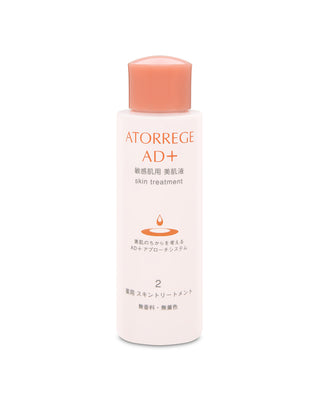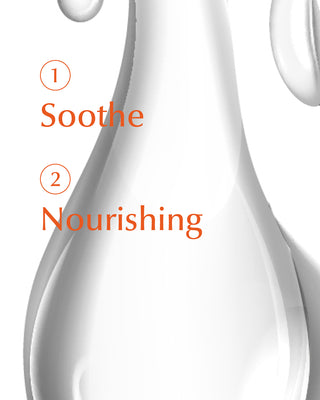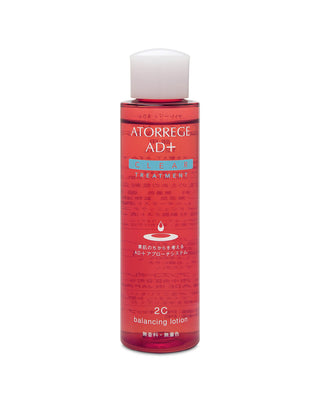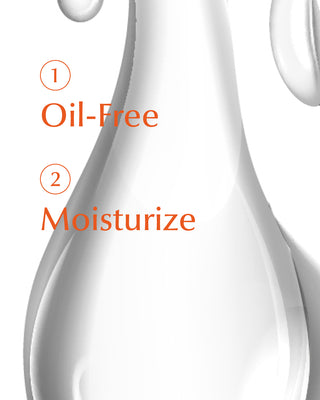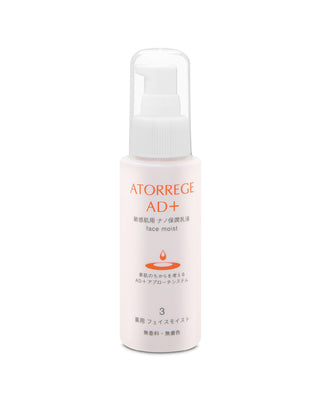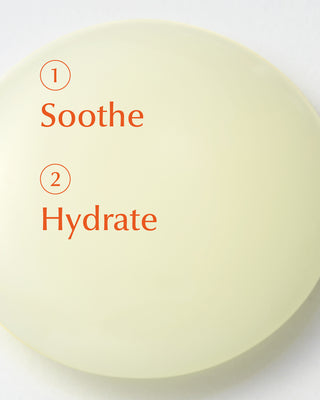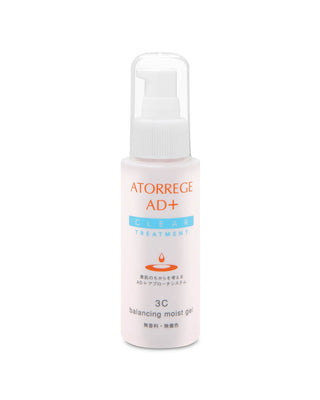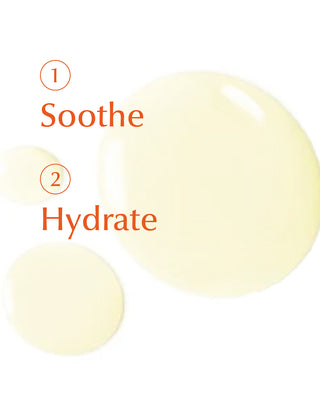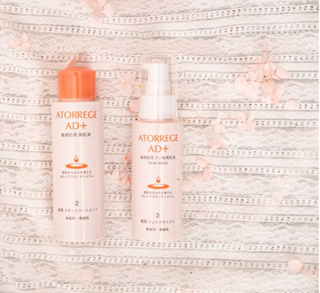
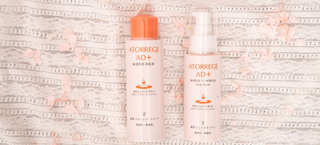
Moisturizing & Sensitive/ Eczema Skin
Moisturizing is a crucial step in caring for sensitive and eczema-prone skin. It helps hydrate the skin, lock in moisture, and strengthen the skin's natural barrier, which can be compromised in individuals with these conditions.
Why "Double Moisturize"?
Eczema and Sensitive skins are susceptible to weaker skin barrier function that leads to dehydrated skin and compromised moisturize absorption. "Double moisturize" involves using two types of moisturizers to ensure optimal hydration and skin barrier protection against dryness, irritation, and flare-ups.
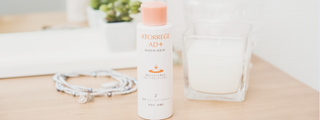
1. Hydrating Moisturizer
The first step involves applying a hydrating or water-based moisturizer to damp skin immediately after cleansing. This type of moisturizer is often referred to as “treatment lotions” in the Japanese skincare regimen. When applied before moisturizer, they can provide an initial layer of hydration, helping to prepare the skin for subsequent products. Hydrated skin is better able to absorb and retain moisture, making the moisturizer that follows more effective. The Atorrege AD+ treatment lotions are specifically formulated for sensitive skins, they are lightweight, with watery texture that is quickly absorbed by the skin.
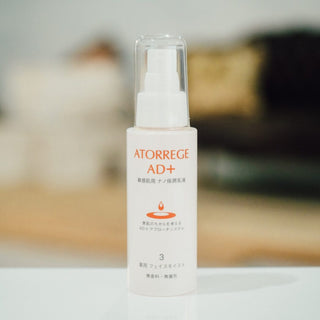
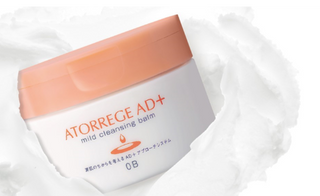
2. Barrier-Repairing Moisturizer
After applying the hydrating moisturizer, the second step involves using a thicker, barrier-repairing moisturizer or ointment. These products are typically richer and contain ingredients like ceramides, fatty acids, or petrolatum that help seal in moisture, repair and strengthen the skin's natural barrier. If you
don't like how ointments feel on your skin, other formats such as milk lotion, cream, gel are also available. The Atorrege AD+ moisture milk and moisture gel provide a moisture-locking layer on sensitive and eczema prone skins’ surface.
Consider the following to build resilient skin barrier
Use Gentle Moisturizers
Choose moisturizers specially designed for sensitive or eczema-prone skin. These should be hypoallergenic and free from fragrances. Emollient or ointment-based options work well due to their rich, protective qualities.
Post-Bath Hydration
Moisturize while your skin is still slightly damp, especially after bathing. This helps trap in moisture and keeps your skin hydrated.
Mind the Water Temperature
Use lukewarm water when washing to prevent stripping your skin's natural oils.
Pat Dry
After washing, pat your skin gently with a soft towel instead of rubbing to avoid irritation.
Patch Test New Products
Before using a new moisturizer, perform a patch test on a small area of your skin to check for any adverse reactions or allergies.
Sun Protection
Shield your skin from the sun with sunscreen formulated for sensitive skin when going outdoors.
Stay Consistent
Regular moisturizing is essential, even when your skin is calm.
Professional Guidance
Seek advice from a dermatologist if your skin concerns persist or worsen, as they can recommend tailored treatments.


